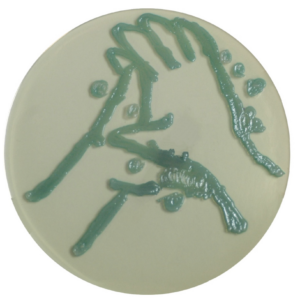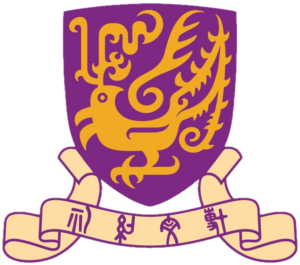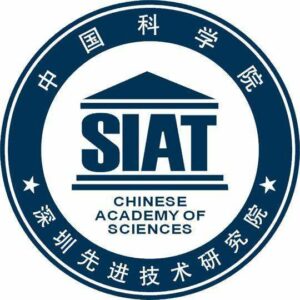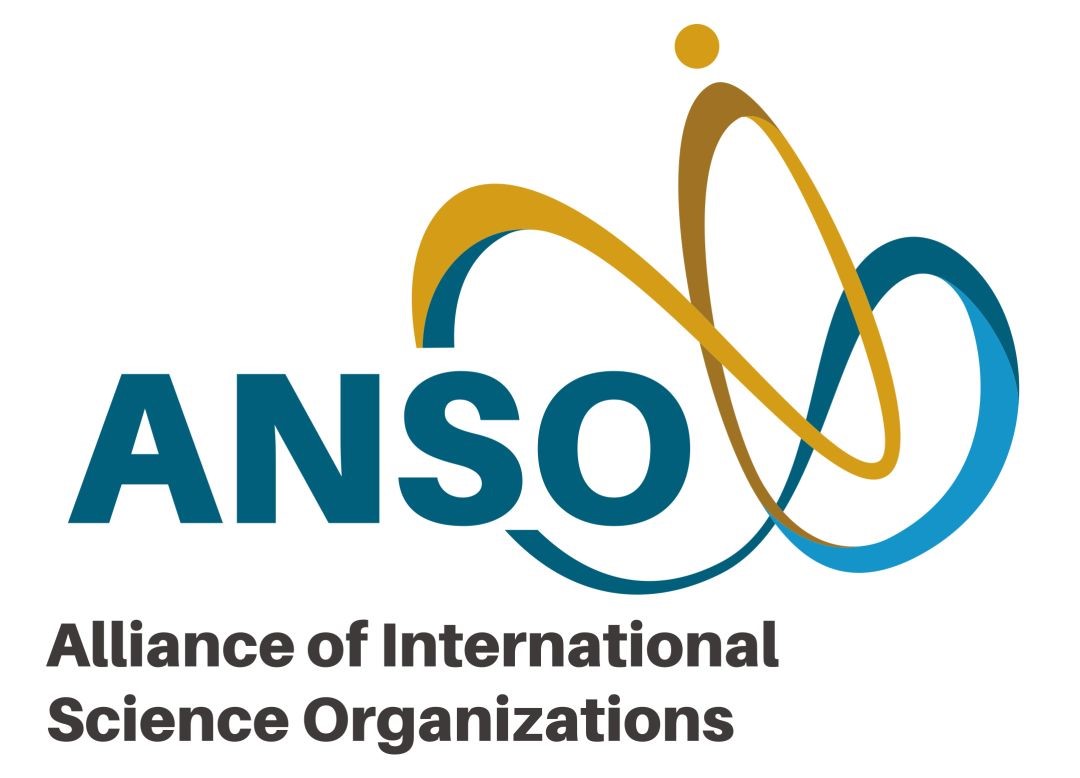
Sharing is caring
Sharing the information is caring for the world to fight antimicrobial resistance (AMR)
This platform aims to collaborate and share MRSA epidemiological information and genomic data to individual stake holders of interest. The platform will host details and tools to enable members to conduct genomic analyses of their MRSA strains
We also invite teams from around the world to participate in creating a global understanding of MRSA evolution and expansion. The information is crucial to levy the effort of infection control and antibiotic stewardship in all areas of human activities.

Through the study of One Health, we hope to achieve the following sustainable development goals:








